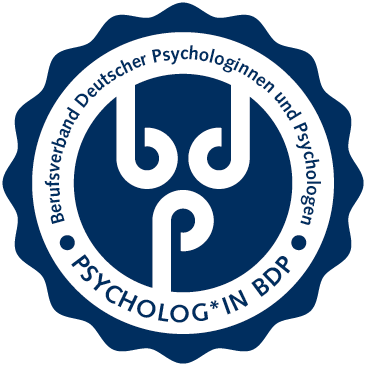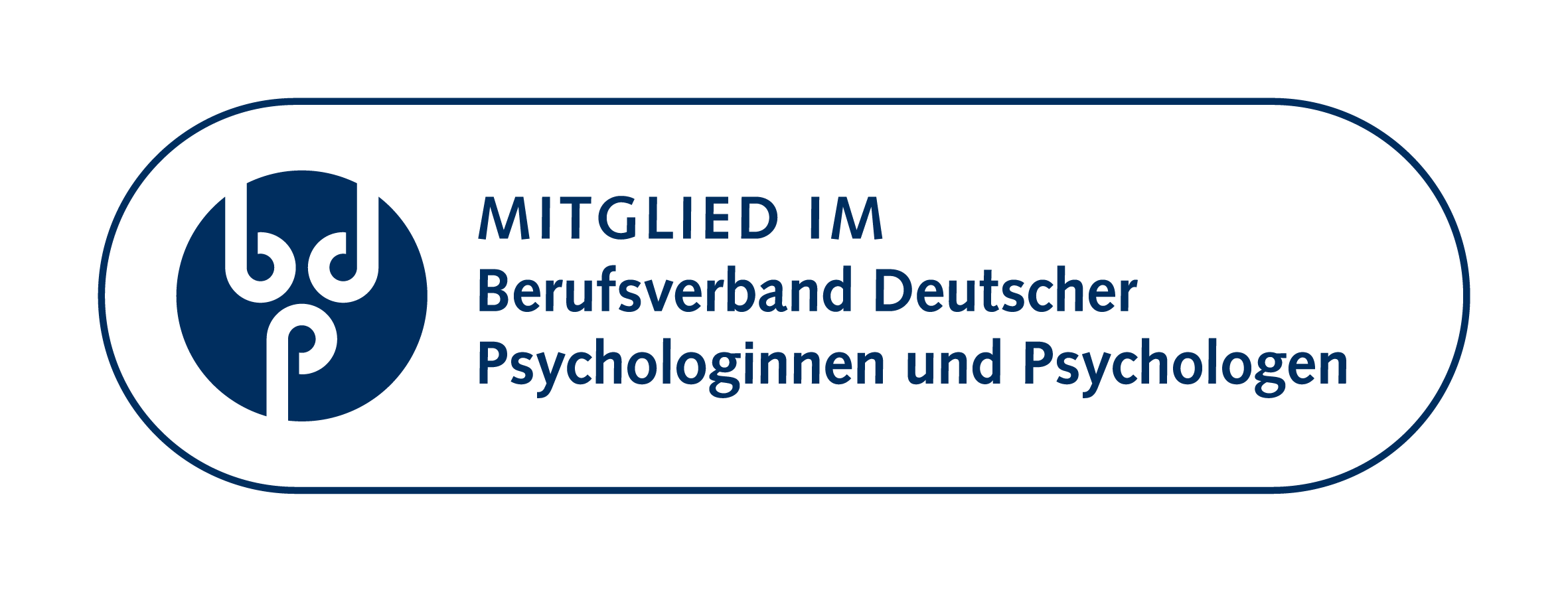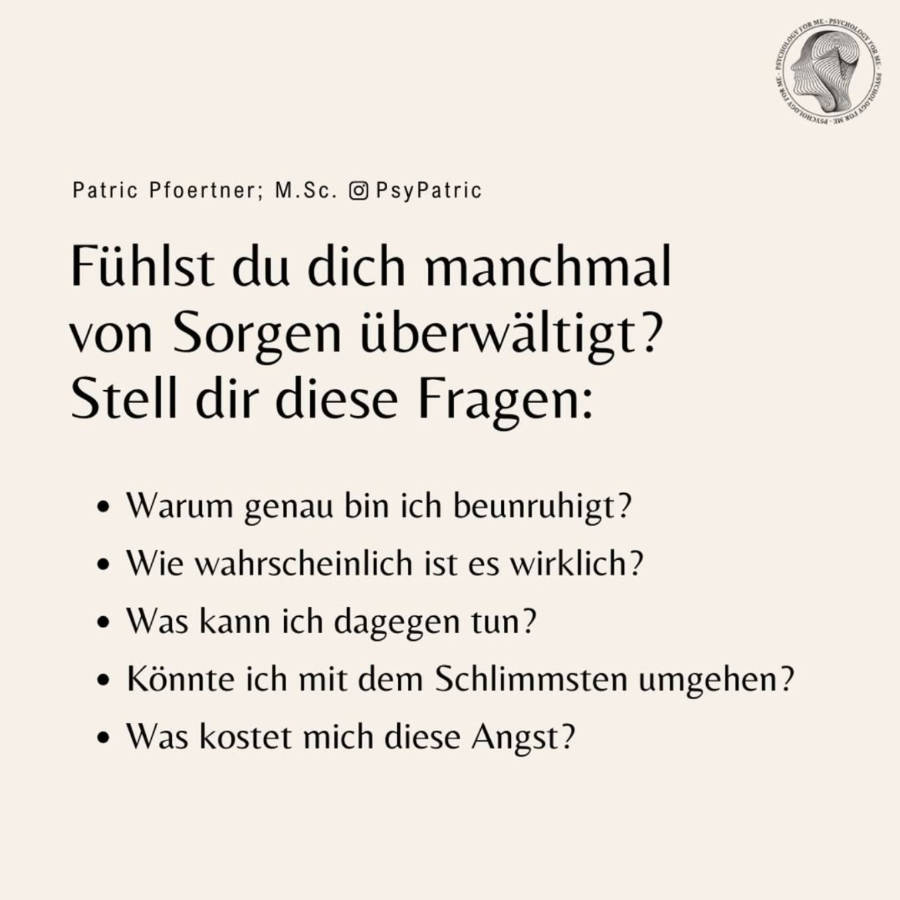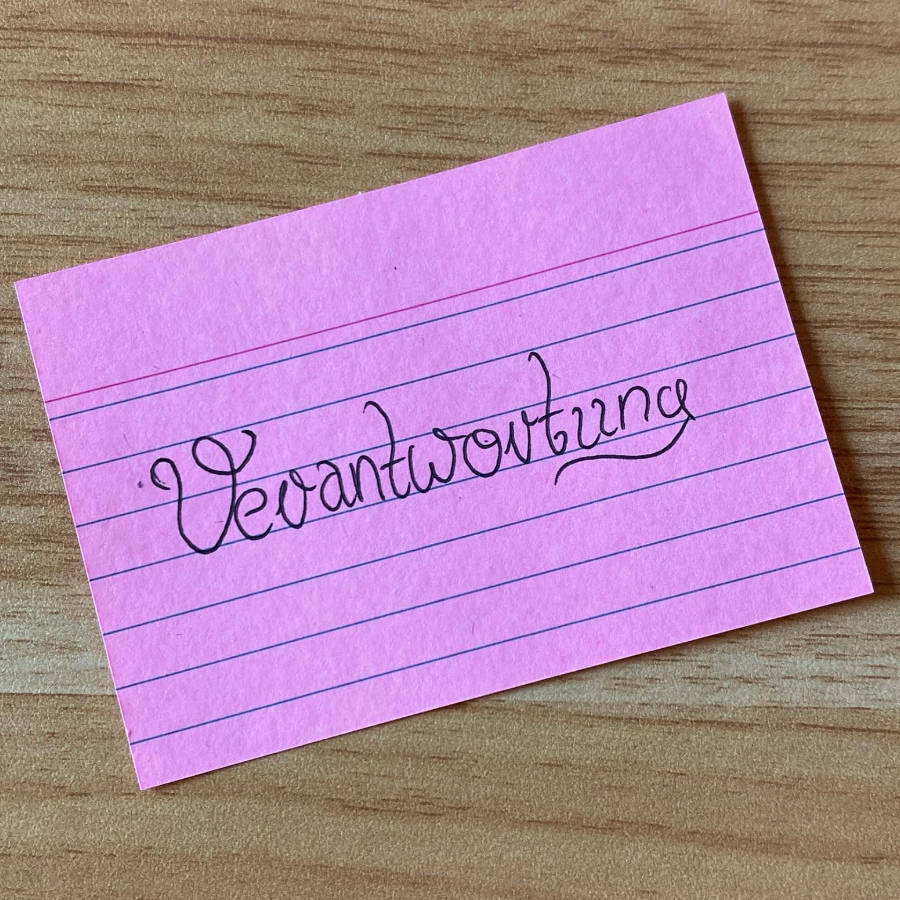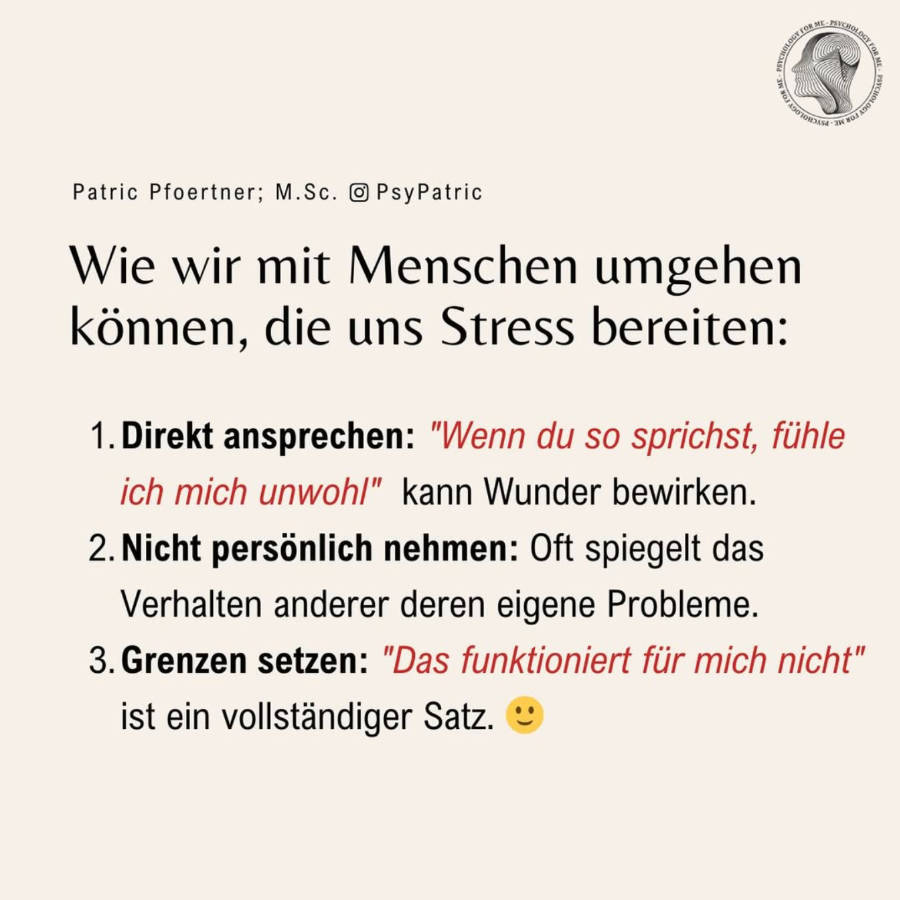Understanding Burnout: What You Need to Know
In our increasingly demanding world, the concept of burnout has become more prevalent than ever. It's not just about feeling tired; it's a state of emotional, physical, and mental exhaustion caused by prolonged or excessive stress. As a professional psychologist, I often see individuals struggling with the profound effects of burnout, which can impact every aspect of life.
It's important to understand that burnout doesn't happen overnight. It's a gradual process, often stemming from a feeling of being overwhelmed and unable to meet constant demands. Recognizing the signs early can make a significant difference in preventing its more severe consequences.
Common Questions About Burnout
Many people come to me with similar questions when they suspect they might be experiencing burnout. Here are some of the most common ones:
- What exactly is burnout? Burnout is typically characterized by three main dimensions: profound exhaustion, feelings of cynicism or detachment from one's job/tasks (often called depersonalization), and a sense of ineffectiveness and lack of accomplishment. It's a syndrome conceptualized as resulting from chronic workplace stress that has not been successfully managed.
- How do I know if I'm experiencing burnout? Beyond feeling tired, you might notice a loss of enthusiasm for your work or daily activities, increased irritability, difficulty concentrating, or feeling emotionally numb. Physical symptoms like headaches, stomach issues, or frequent illnesses are also common.
- What are the common signs and symptoms? Look out for chronic fatigue, insomnia, loss of appetite, increased anxiety or depression, feelings of helplessness, cynicism, isolation, and decreased performance. These signs can manifest differently for everyone, but a persistent pattern is a key indicator.
- What can I do if I think I'm burned out? The first step is acknowledging your feelings. Prioritize self-care, set clear boundaries, seek social support, and consider professional help. Strategies like mindfulness, regular exercise, and ensuring adequate rest can also be very beneficial. Remember, you don't have to face this alone.
About This Self-Assessment
This Burnout Self-Assessment is designed to offer you a moment of reflection and initial insight into your current state. It is:
- A tool for self-reflection: It helps you identify potential areas of concern regarding stress and well-being.
- Confidential and immediate: Your answers are private, and you receive instant feedback.
- A starting point: It encourages you to consider if further professional support or lifestyle adjustments might be beneficial for your mental and physical health.
Taking this test is an act of self-care. It's brave to acknowledge when you might be struggling. Regardless of your score, remember that support is available, and taking steps towards better well-being is always a positive move. Your health and happiness are paramount.

















